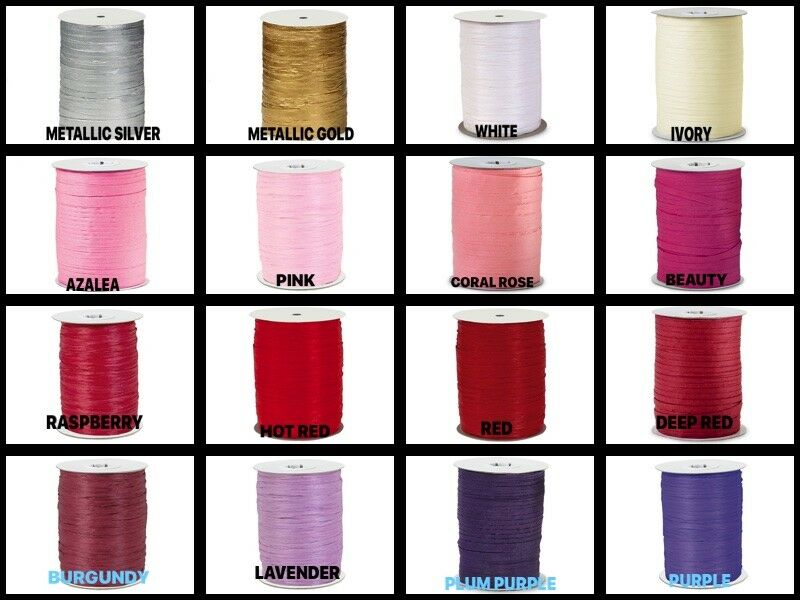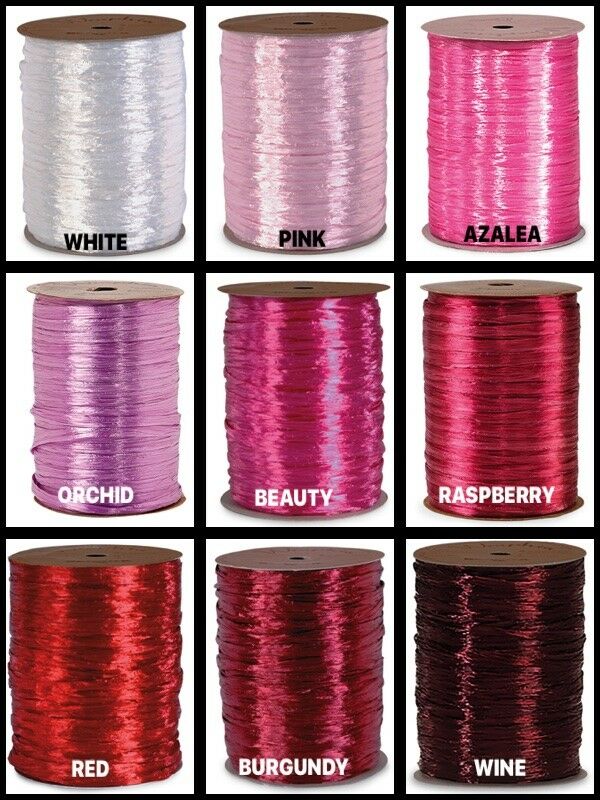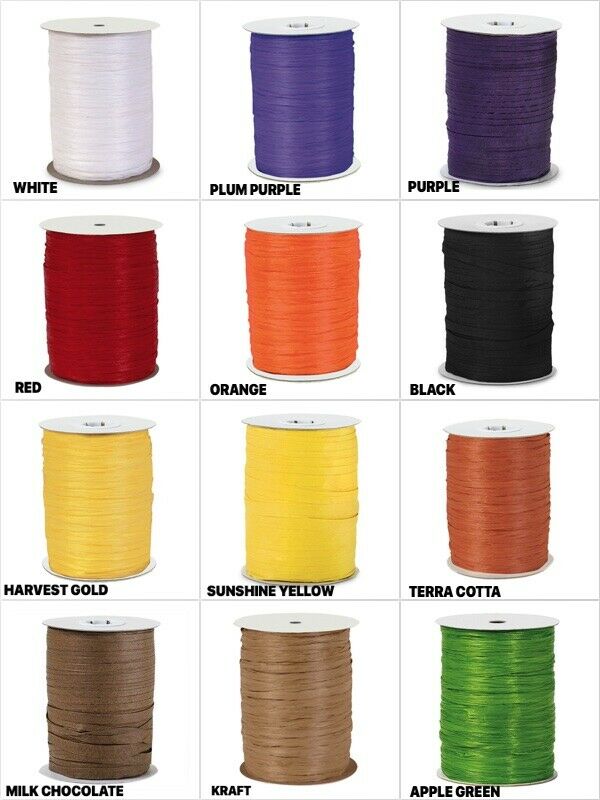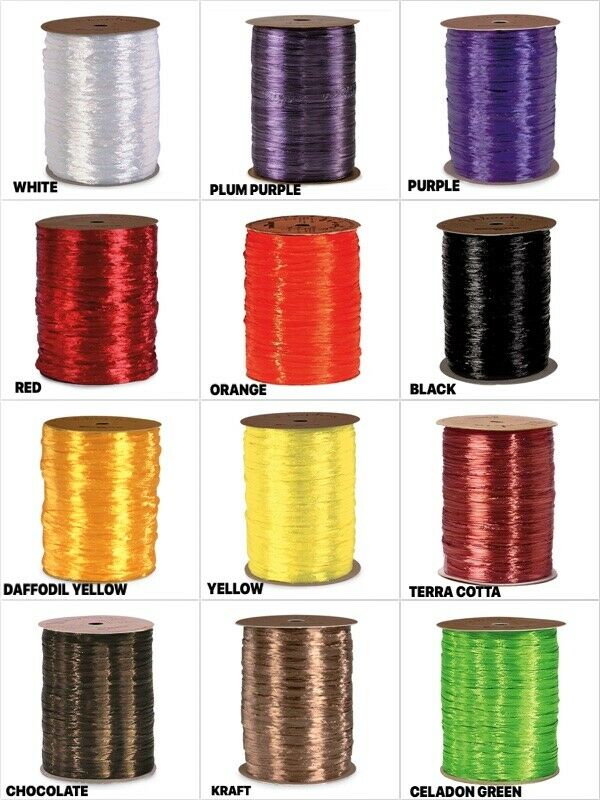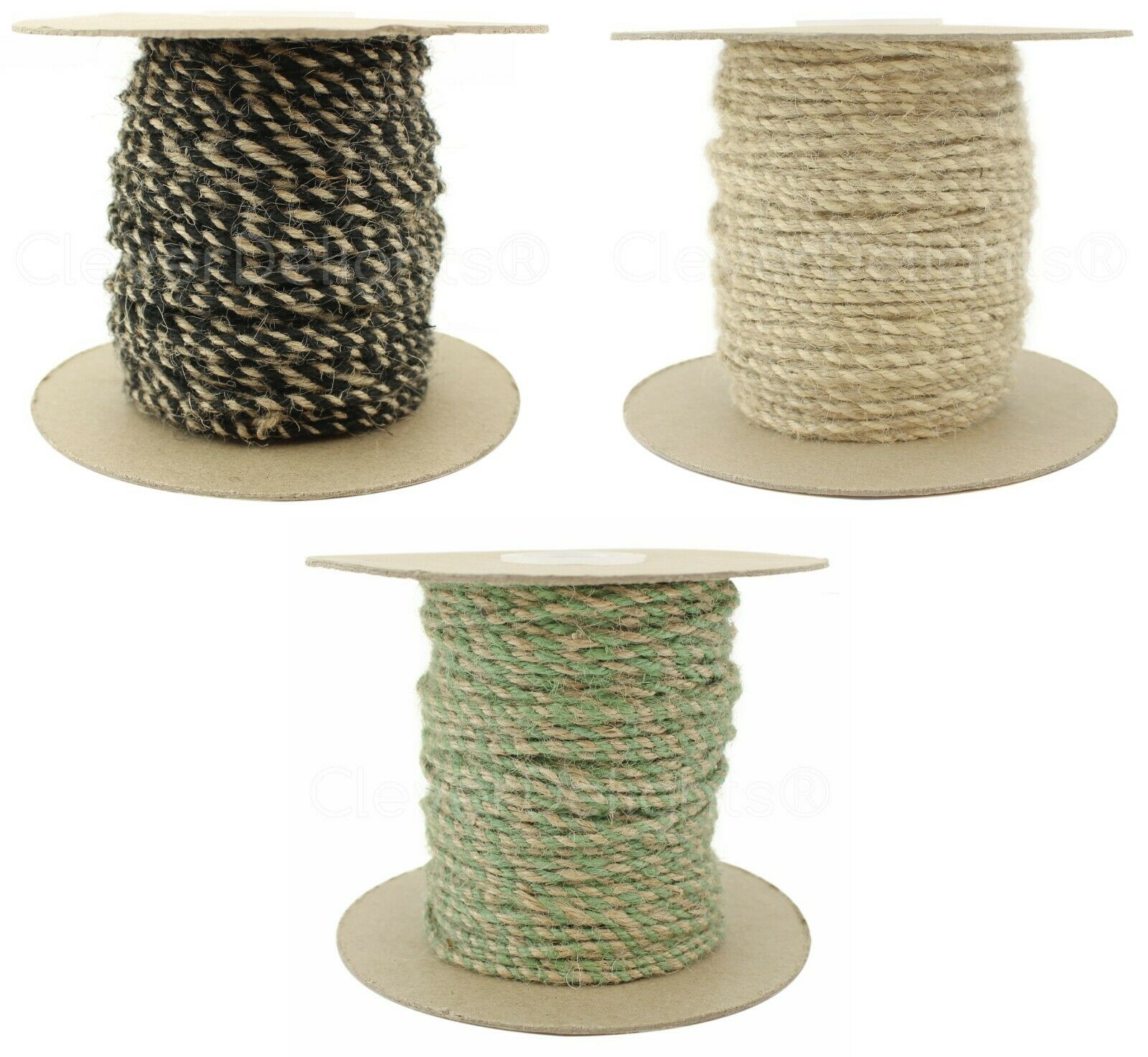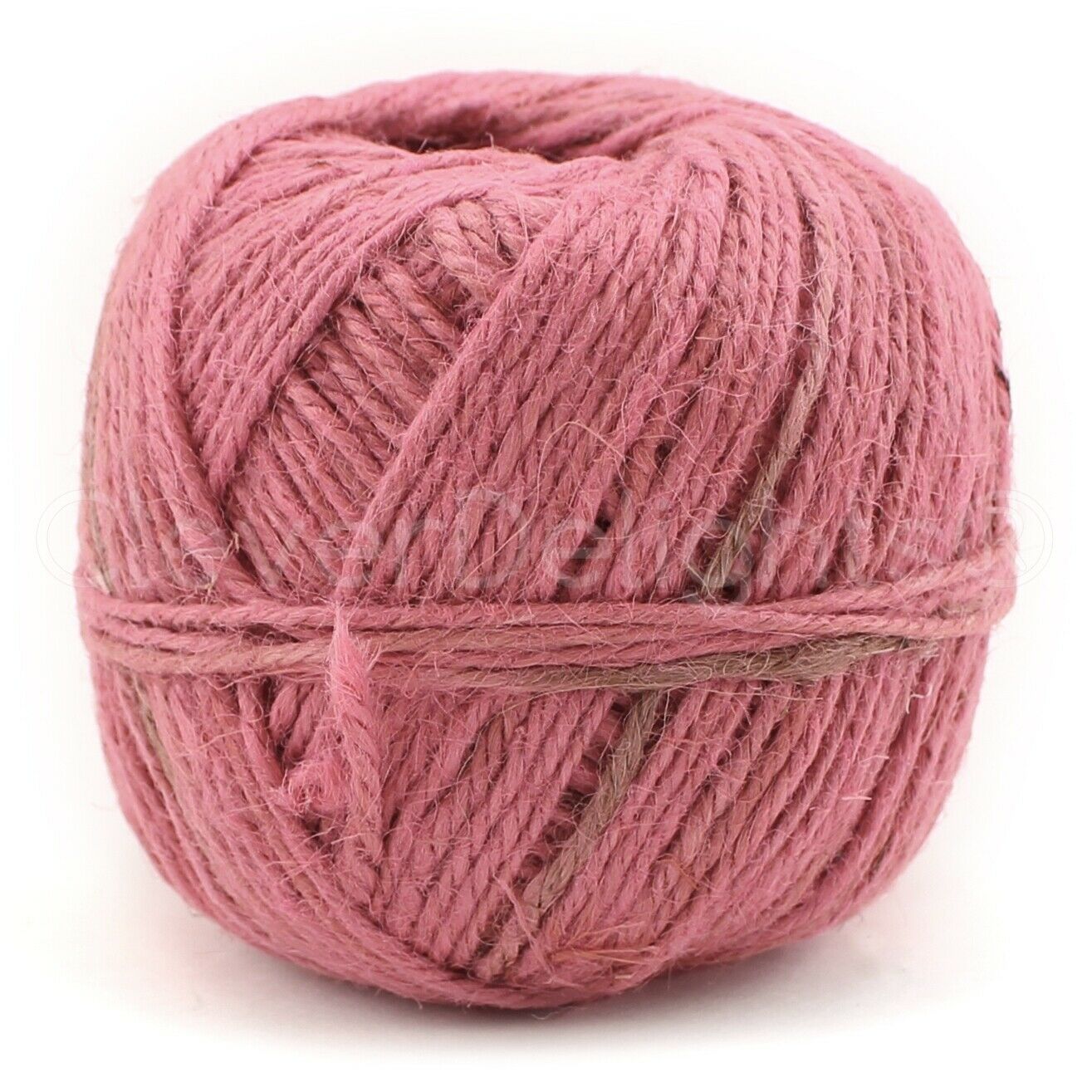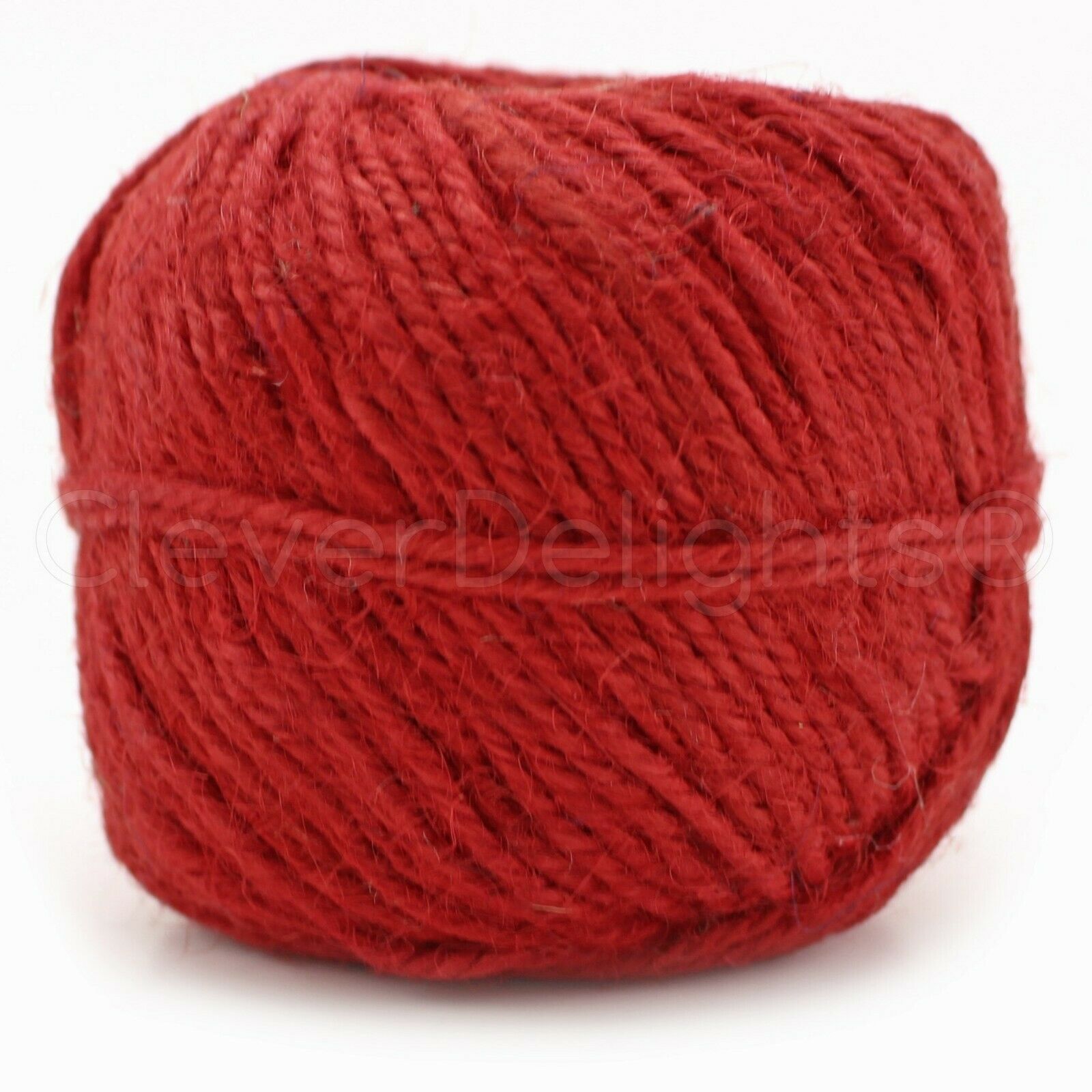-40%
.4OZ DEEP PURPLE ECO-FRIENDLY RAFFIA GIFT WRAP APPROX 25 PIECES, LENGTH 48"
$ 2.81
- Description
- Size Guide
Description
.4OZ DEEP PURPLE ECO-FRIENDLY RAFFIA GIFT WRAP APPROX 25 PIECES, LENGTH 48"Raffia fiber is widely used throughout the world
My personal favorite use is in place of synthetically produced & dyed ribbon for gift wrapping
natural dyed raffia varies in length & thickness and as such, you may need to pick & choose which strands you use based on the size of the gift you are wrapping
the dyes used for the coloring of raffia fibers are safe & non-toxic, according to the Consumer Product Safety Commission
I always use more than one strand for gift wrap - I just think it looks better
I often use a separate bunch for the bow, as that can be added on last
you will notice in my listing "
APPR0XIMATELY 25 PIECES, LENGTH AROUND 48" - this is due to the fact that we are dealing with a natural fiber from a palm tree
If this sounds like more work than ribbon, it is...and is definitely better for the planet plus providing a more natural or rustic look
You will see listings that mention "raffia ribbon" - read these listings with care, as they may be referring to a synthetically produced ribbon that has the matte qualities of natural raffia
When presented on spool or hank with a length of more than one meter and a half and regular width is not really raffia, it can be synthetic raffia, produced from a plastic material (polypropylene), or artificial, just like viscose (derived from wood, therefore basic cellulose cellulosic even if chemically treated)
It is used in gift wrap, twine, rope, baskets, place mats, hats, shoes, and textiles
Raffia palms (Raphia) are a genus of about twenty species of palms native to tropical regions of Africa, and especially Madagascar, with one species (R. taedigera) also occurring in Central and South America



